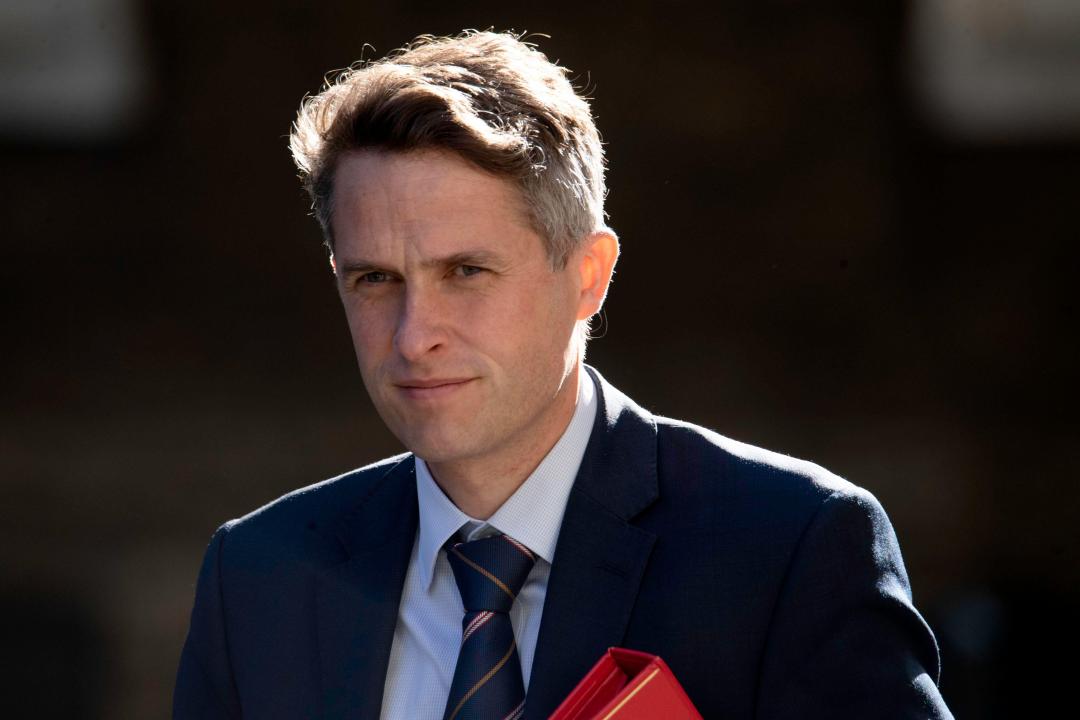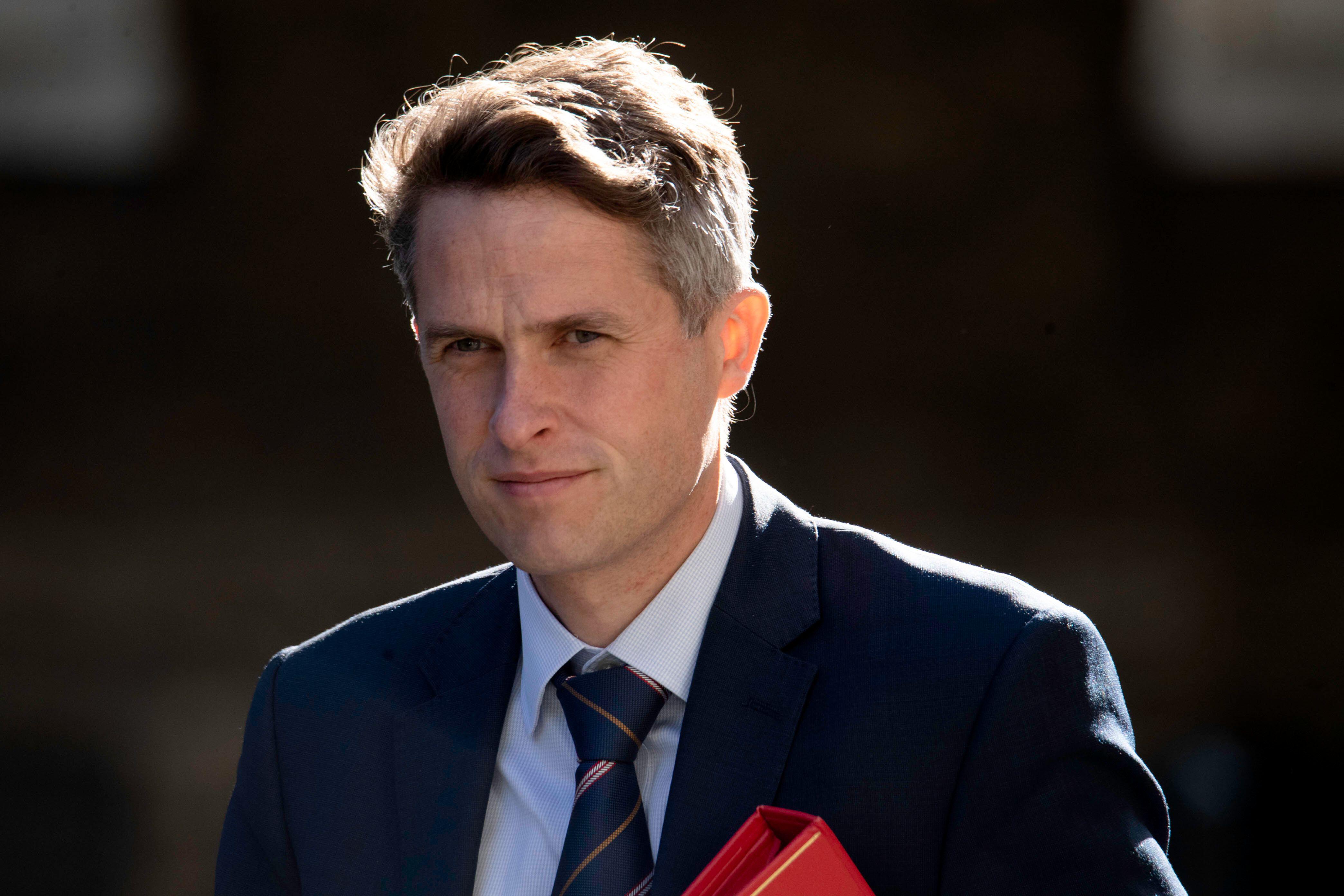Governing means accepting and embracing trade-offs. Almost every public policy choice involves deciding how important one set of people are, or how to balance their interests with others.
Covid mitigation measures were a case study in government-as-trade-off. Time and again, ministers had to weigh up public health, NHS capacity, economic and fiscal costs, human freedom and countless other factors. Covid choices were especially stark because they very visibly involved the sickness and death of some of those people.
Choices were made to prioritise several interests ahead of those of children.
None of those choices were easy or simple and you shouldn’t take seriously anyone who says they were. You should also remember that many of those choices were made by people short on time and information, at the top of bureaucratic organisations that rarely had a real grip on events.
This is the context of the Telegraph’s lockdown files reporting. The latest revelations from those files illustrate the point about trade-offs and interests painfully well. They show that choices were made to prioritise several interests ahead of those of children.
It was clear from the very first days of Britain’s pandemic experience that locking down and closing schools to most pupils would be bad for children. Bad for their development. Bad for their mental and physical health. And especially bad for kids from lower-income families.
For clarity, I’m not speaking from hindsight. In March 2020, I published a think-tank briefing paper warning policymakers that closing schools would harm poor children:
‘For many, the closure of schools could mean the end of development, the end of learning and a very difficult home situation.’
Over the next year or so, I kept a fairly close eye on the schools aspect of lockdown. At almost every turn, I was disappointed. When the case for keeping schools open, or reopening them sooner rather than later, was made, it was inevitably beaten by arguments that closure would slow virus transmission.
Yet the transmission case wasn’t always the trump card. Some interests were allowed to take priority: summer 2020’s reopening of hospitality businesses showed that sometimes, economic and employment concerns could be put before epidemiological ones. I’ve said this before, but I’ll keep repeating it until it’s accepted by all as a point of national shame: we reopened the pubs before we reopened schools.
During these decisions, I was often struck by how few voices sounded in favour of children’s interests. The teaching unions aggressively campaigned for school closures they knew were bad for kids. The Labour frontbench took a broadly similar view. Few Tories made much public fuss: on the backbenches, Rob Halfon was a rare MP willing to question the orthodoxy on closing schools.
Inside government, dissenting voices were also scarce, and faint. Foremost among them was, of course, Gavin Williamson, then education secretary. He, at least, took seriously the harm that would be done to children by policies that primarily protected the interests of older people at greatest risk from the virus.
The Hancock WhatsApps confirm what we partly knew and partly suspected: almost no one in government was prioritising the interests of children in the conversations that led to lockdowns. That some of the people involved mocked and undermined Williamson when he attempted to speak for those interests says far more about those people than it does about Williamson.
In a narrow sense, Williamson failed, in that those interests were not accorded higher priority. But I don’t see that failure as dishonourable: he did his job, to the best of his ability. He shouldn’t be blamed for decisions made by others to value other interests more highly than those of children. Nor do I think it would have made much difference if he’d resigned in protest: the number and weight of those arguing against his position meant the decisions still wouldn’t have changed; the schools would still have closed.
Were those decisions to close schools ‘political’, as some have alleged today? Yes, but only in the most mundane sense: politicians, including Matt Hancock but primarily Boris Johnson, made a decision to put the interests of older people at medical risk ahead of the interests of children at developmental risk. They didn’t do so to further some hidden elaborate agenda to control the population or extend state power. They did it because they thought those older people were more important than children. That is quite grave enough to warrant serious scrutiny and criticism. There is no need to impute more sinister to that decision. The simplest explanation for a national failure to protect children is sadly the best one.








Comments